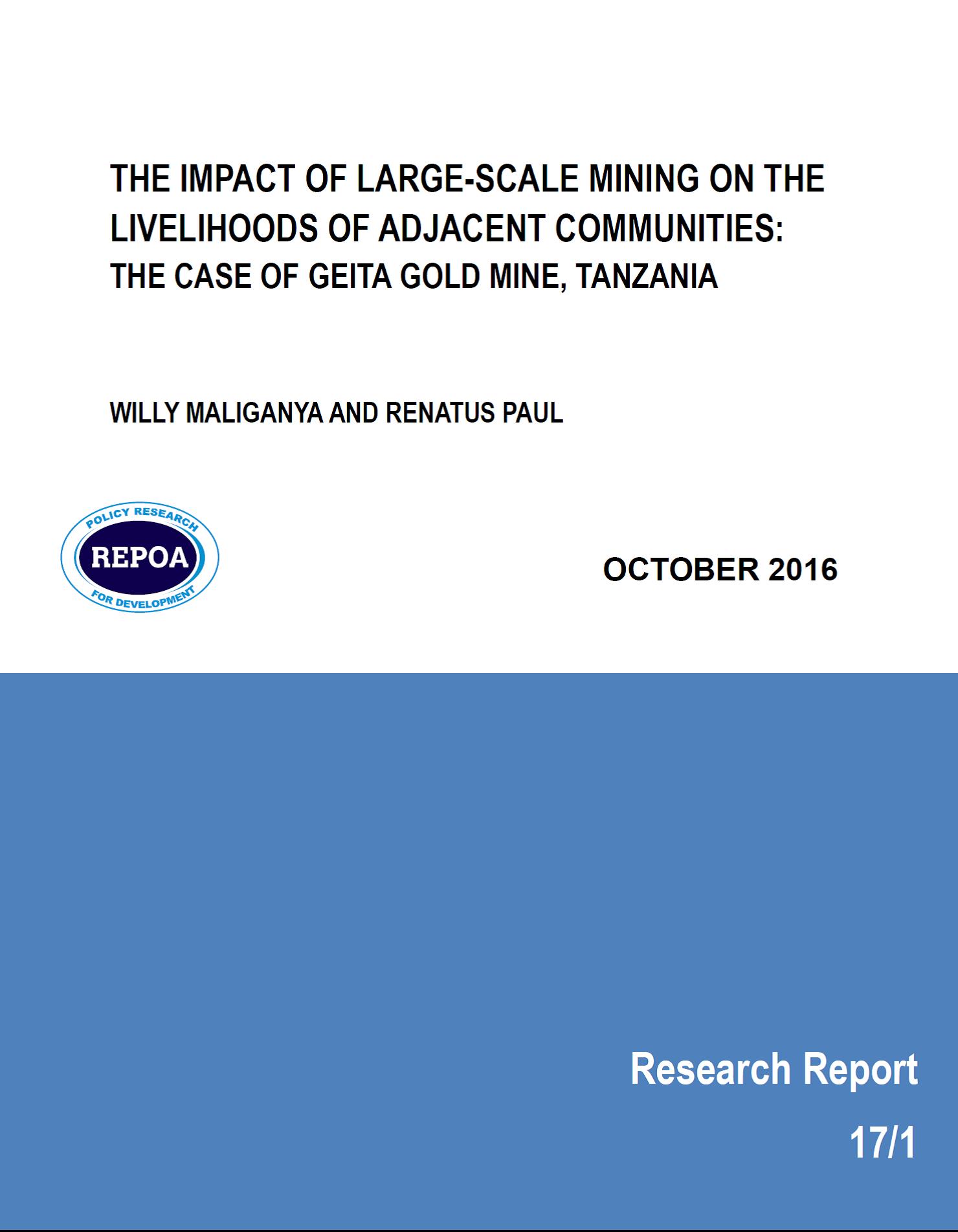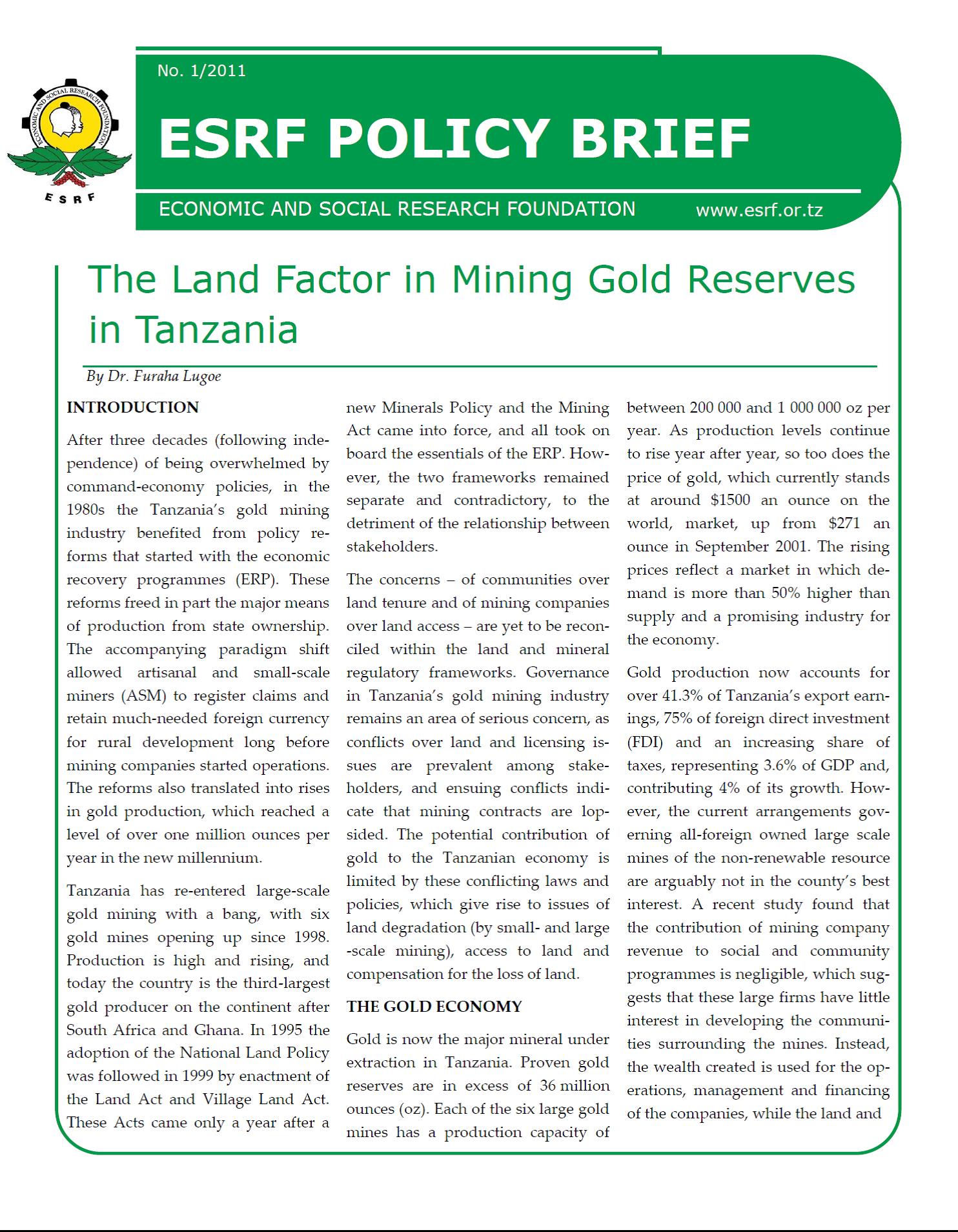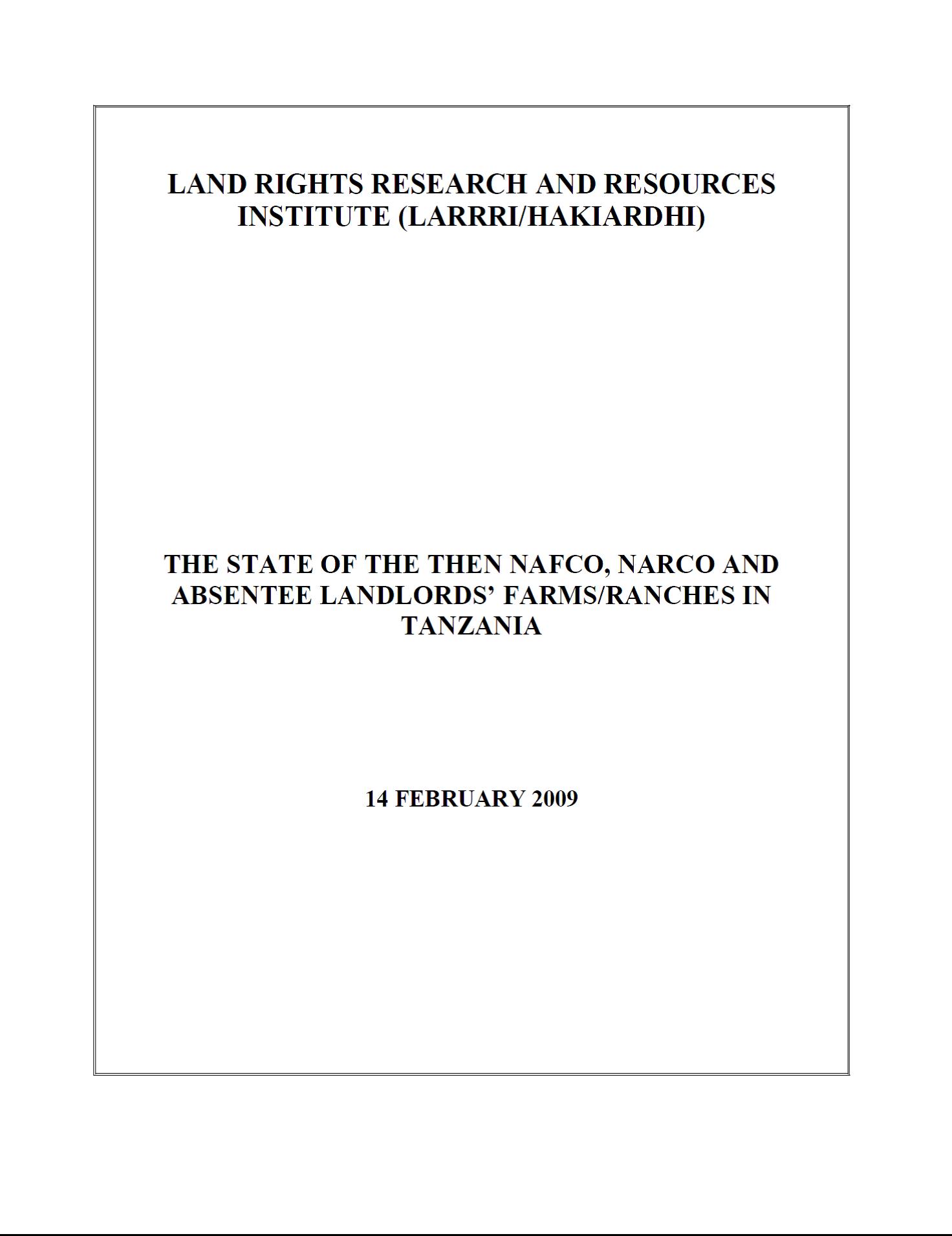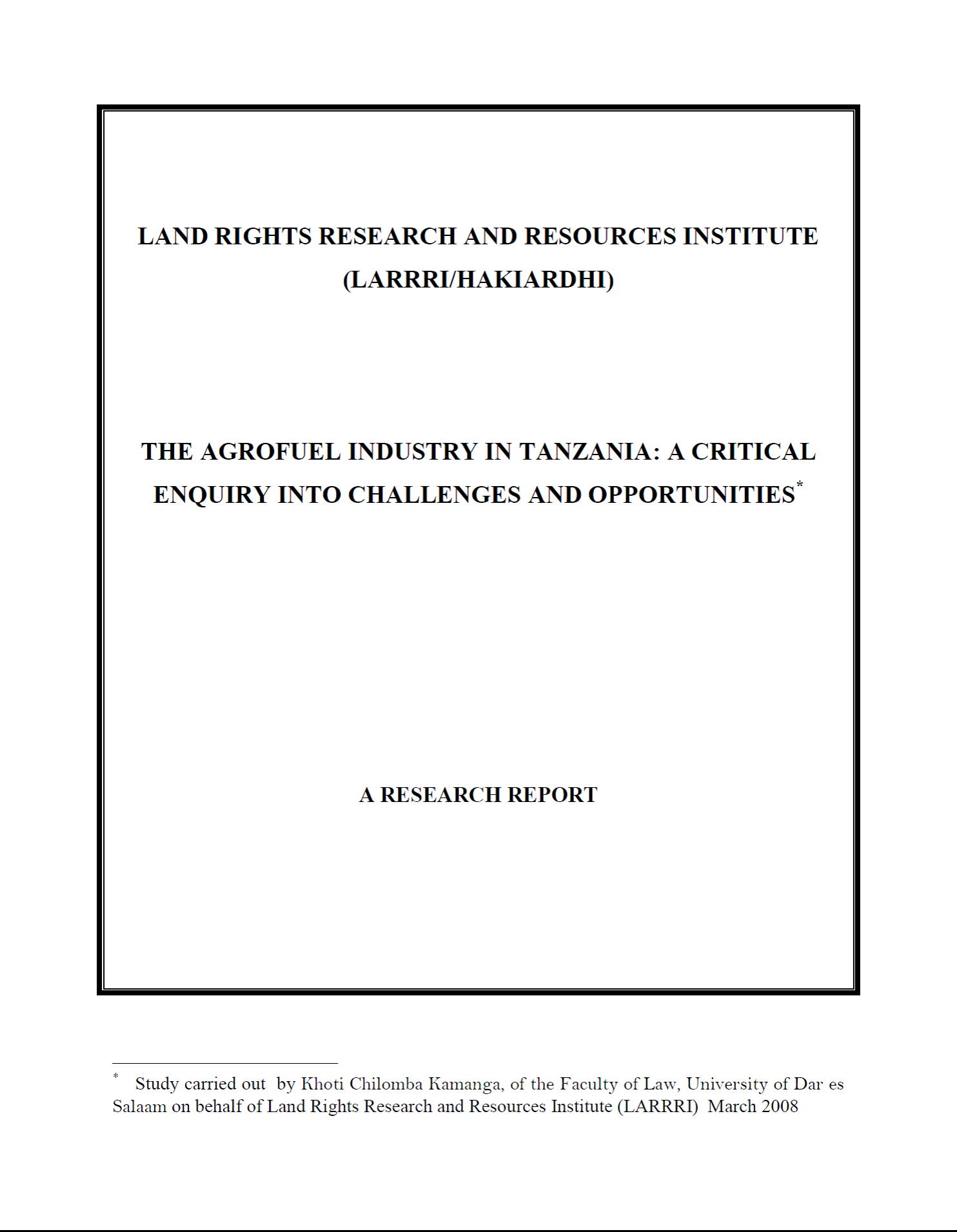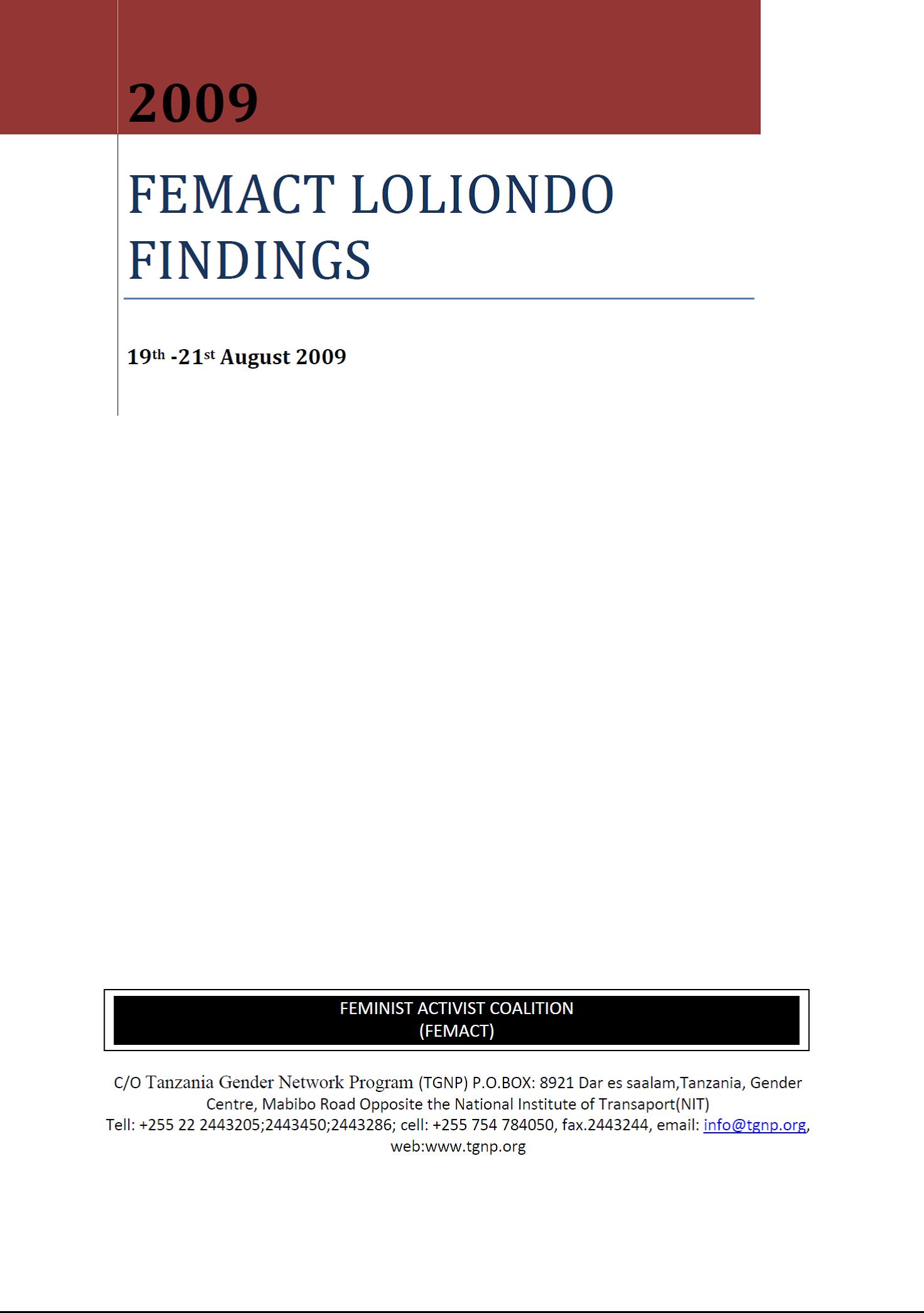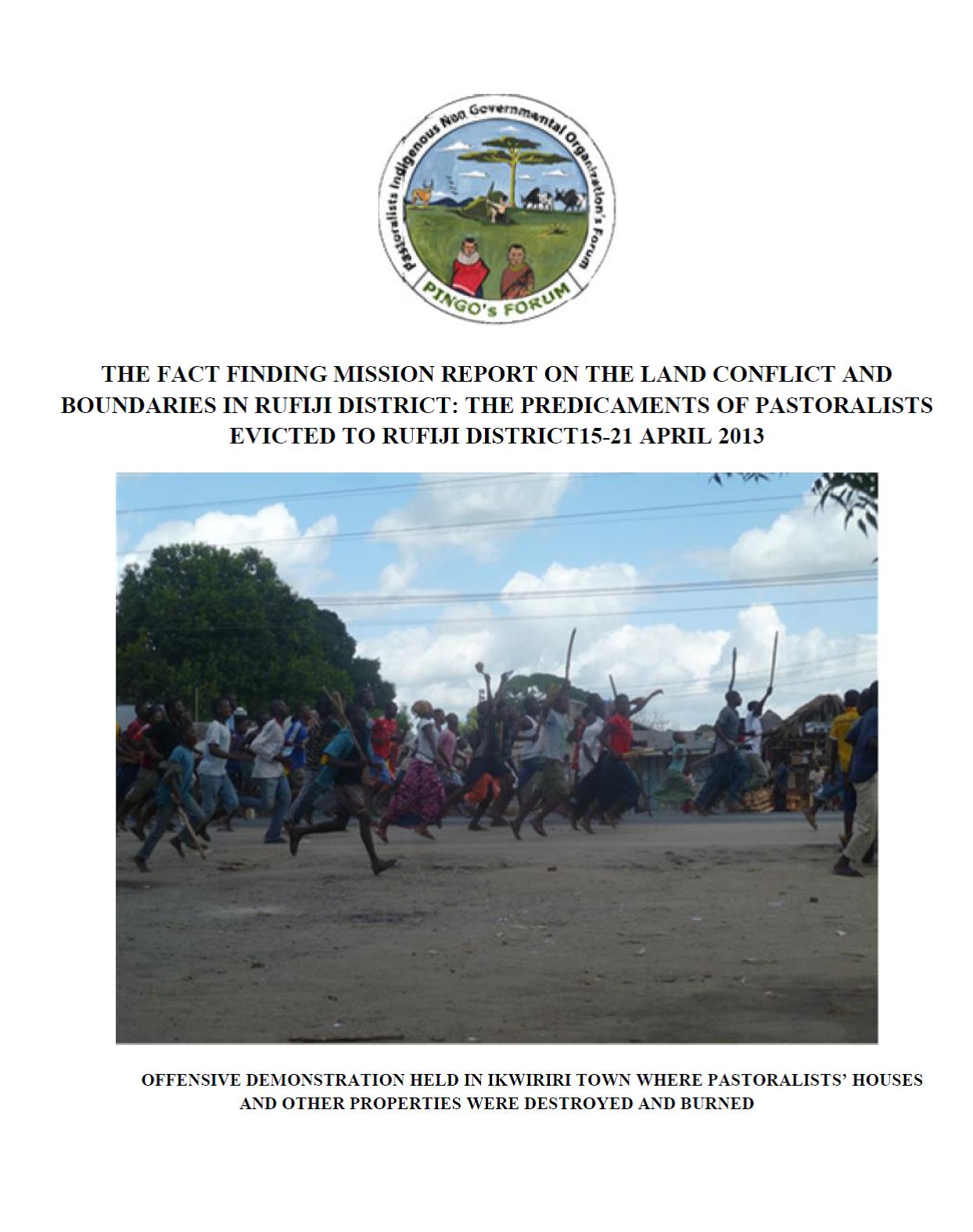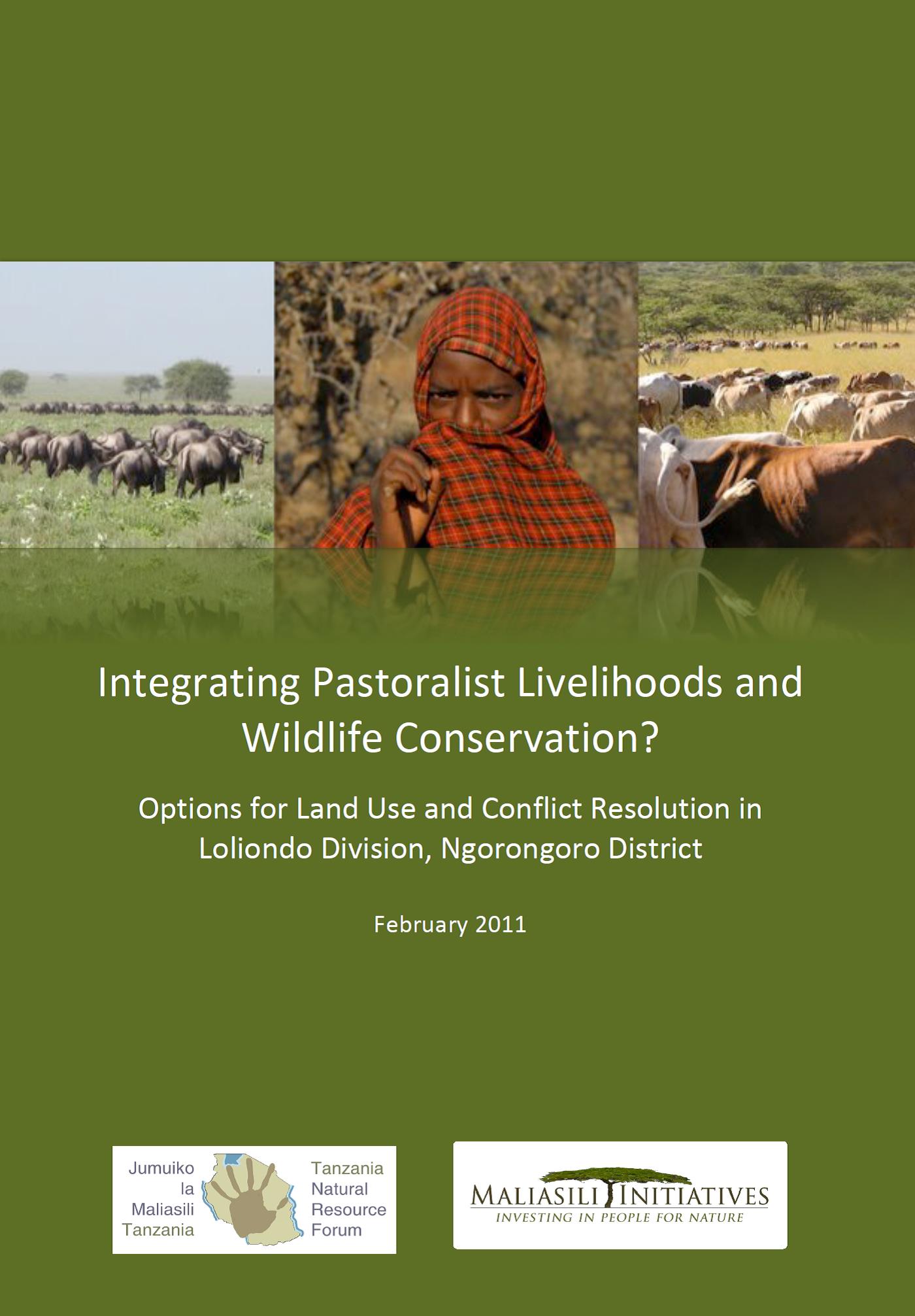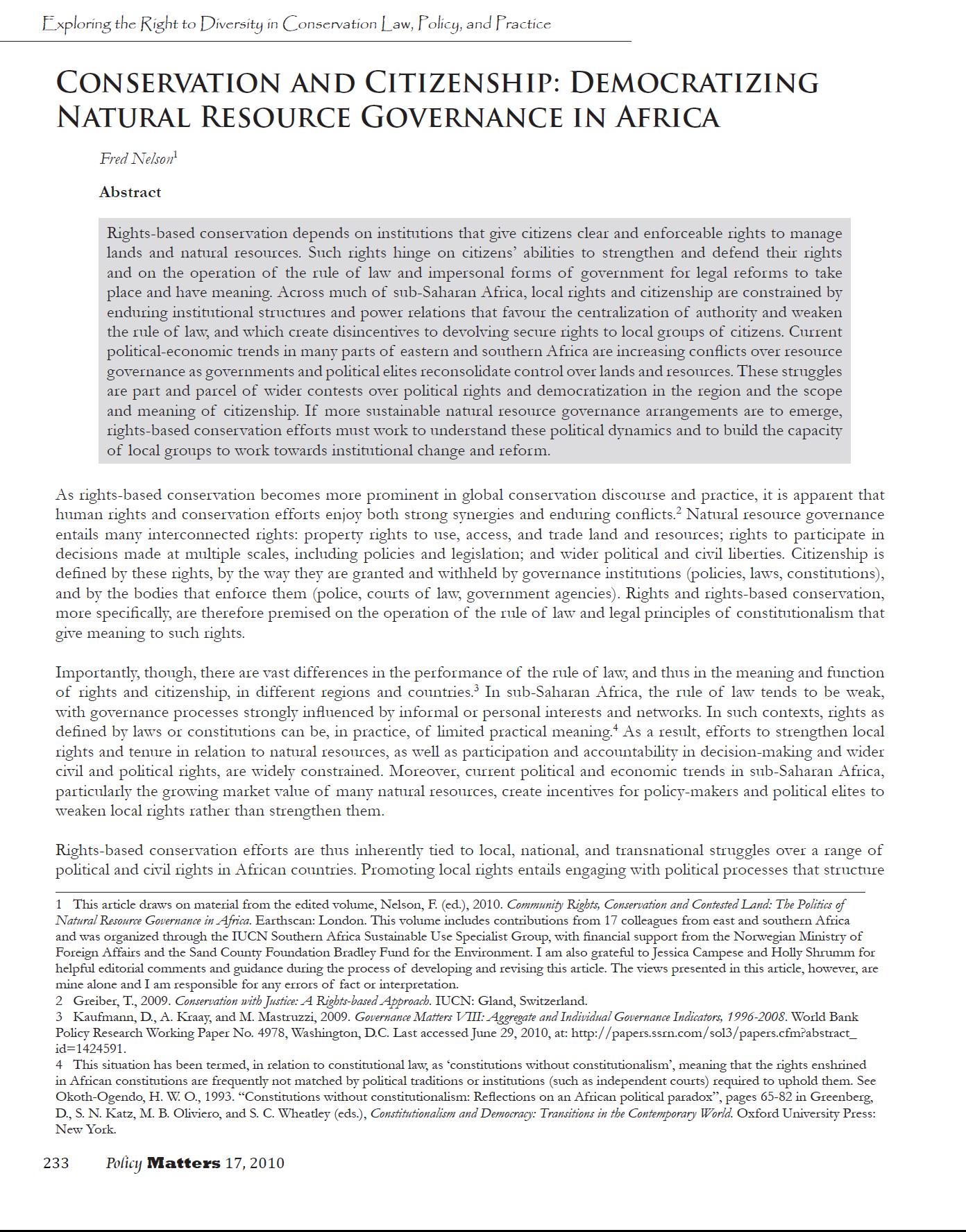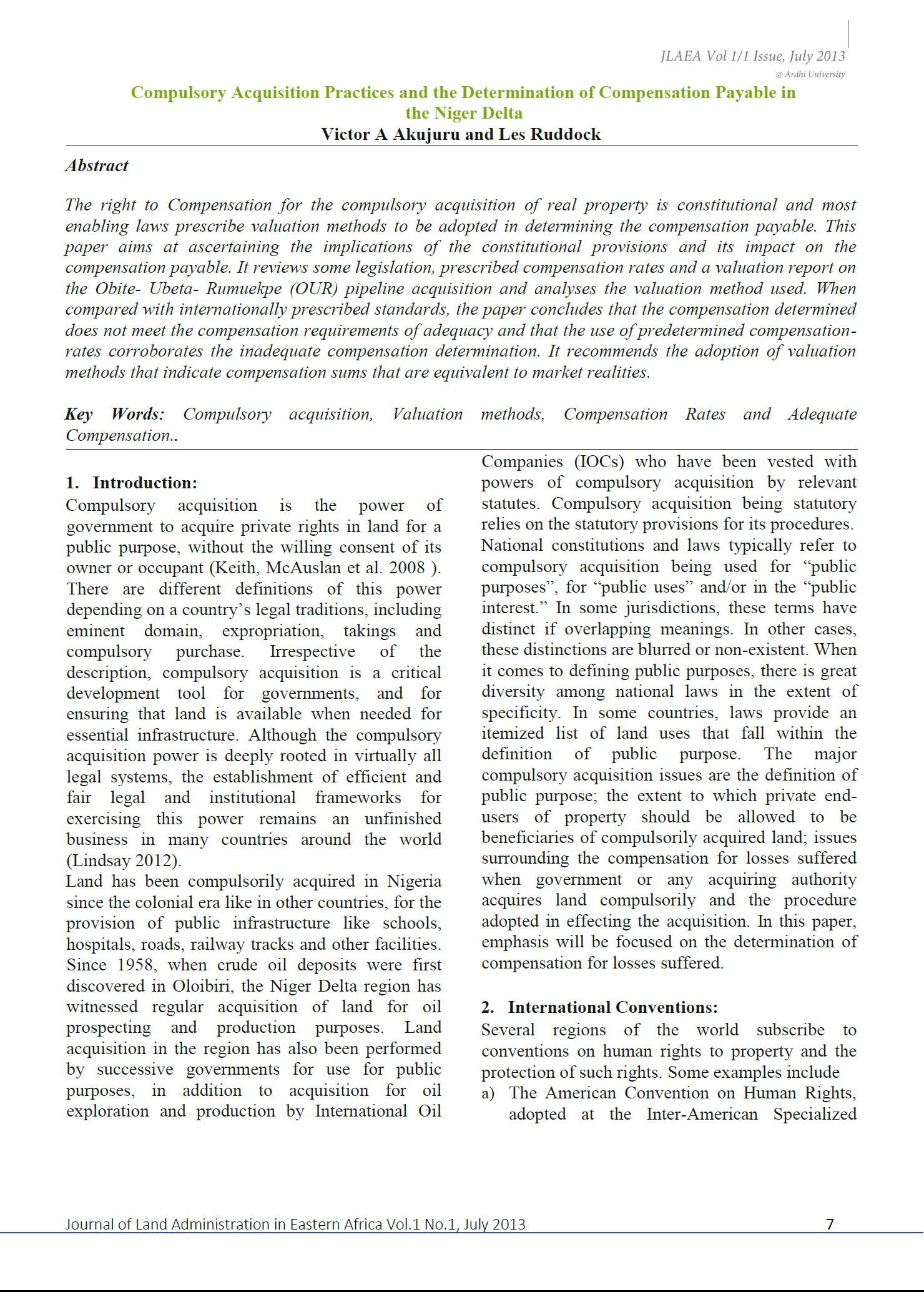Land Tenure for Social and Economic Inclusion in Yemen : Issues and Opportunities
The report, Land Tenure for Social and
Economic Inclusion in Yemen: Issues and Opportunities was
completed in December 2009. The report addresses the
problems of land ownership in Yemen and the various social
and economic problems associated with the system of land
ownership. Property rights under Yemeni Law are expressed
both in custom and statute, but both are informed by shari a
(Islamic law), which provides the basic property categories


